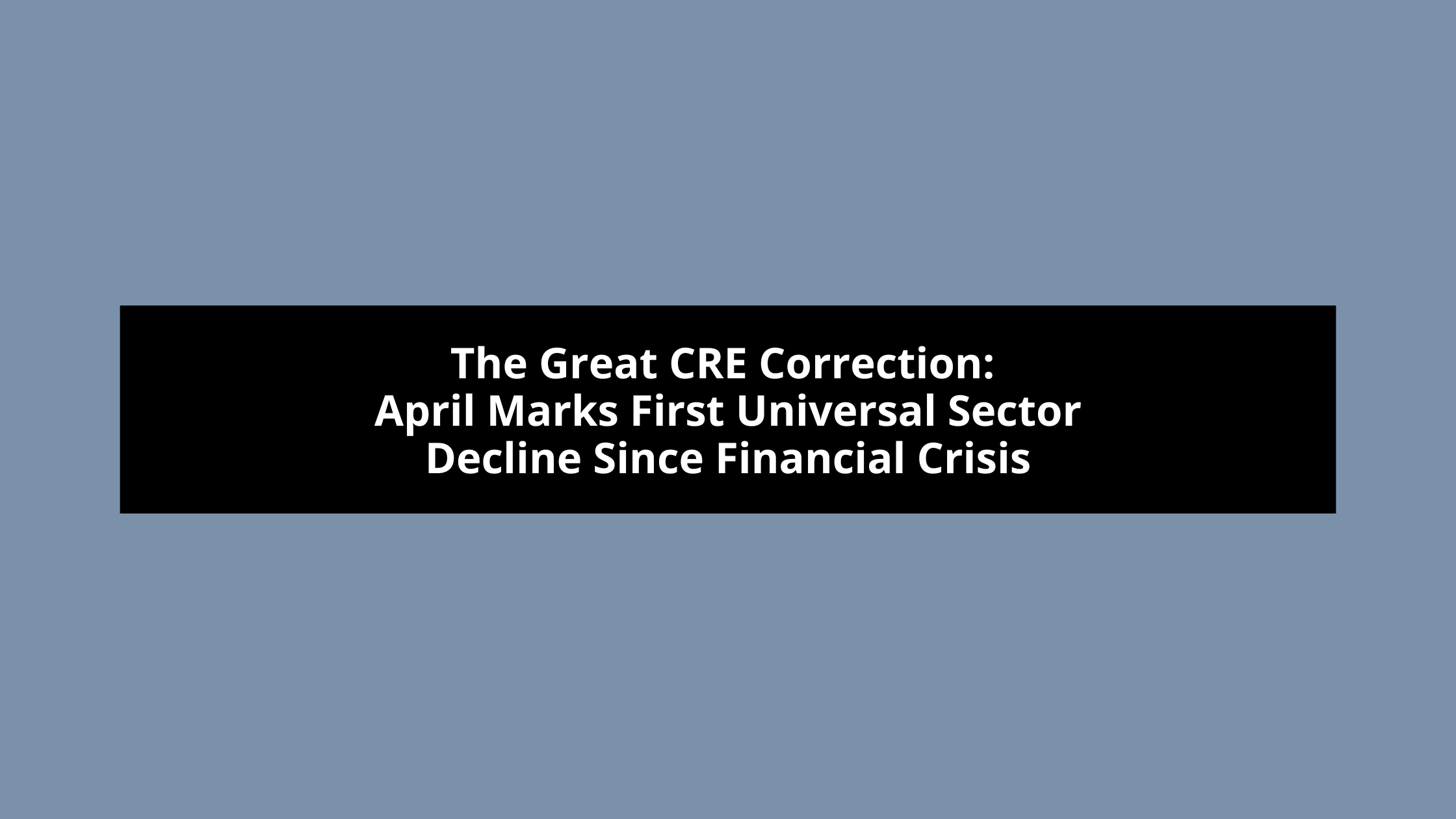New Fannie and Freddie Underwriting Standards Pose Challenges for Commercial Real Estate
The government-sponsored mortgage giants Fannie Mae and Freddie Mac are tightening their underwriting standards in an effort to crack down on loan fraud. This is causing concern within the commercial real estate industry, as it will likely create more obstacles when securing agency-backed financing.
- The Issue >> Fannie and Freddie have been preparing to implement more stringent requirements for lenders, according to a recent report in the Wall Street Journal.
- The Implication >> Lenders will now have to verify more detailed financial information about multifamily properties. They will also face stricter standards when it comes to confirming that borrowers have sufficient cash flow and clearly identifying their funding sources.
These changes at the government-sponsored enterprises (GSEs) come amid increased regulatory scrutiny around loan fraud. The tighter underwriting is an attempt by Fannie and Freddie to root out fraudulent activity. However, the commercial real estate industry is bracing for the impact, as the new requirements are expected to make it more challenging to close agency-backed deals.
The GSEs play a crucial role in providing capital and liquidity to the commercial real estate market through their multifamily loan programs.
The industry is concerned that the heightened underwriting standards could reduce access to this important source of financing, potentially slowing dealmaking and investment activity.
About the author: Myles Lichtenberg, Esq., is a recognized leader in the real estate title insurance industry. Since 1979, Mr. Lichtenberg, and his amazing team, have conducted well over 27,000+ real estate title transactions and over $16 Billion Dollars of settled transactions, involving just about every type and variety of real estate configuration — from commercial to residential, from complex to simple and from single-state to multi-state portfolios.


